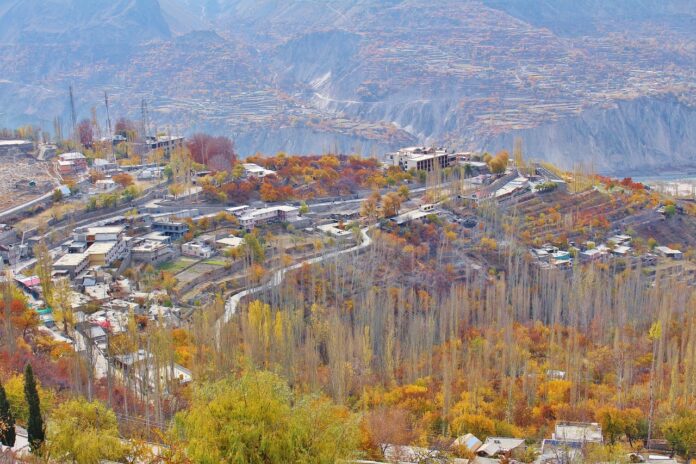Hunza Valley, nestled in the awe-inspiring Karakoram mountain range of Pakistan, is renowned for its breathtaking beauty, rich cultural heritage, and warm hospitality. While the valley has long been a popular destination for adventure seekers and nature enthusiasts, it is also gaining recognition for a unique local beverage known as “Hunza Water Wine.” Combining the essence of tradition, touristic appeal, and an open-minded environment, Hunza Water Wine has become a symbol of the valley’s inclusive and welcoming spirit.
Preserving Tradition:
Hunza Water Wine, locally known as “Cherry Wine,” has deep roots in the valley’s history and cultural heritage. It is made from the succulent cherries that thrive in the region’s fertile orchards. The traditional winemaking process involves fermenting the cherries in clay pots, allowing the natural sugars to convert into alcohol over time. This centuries-old method has been passed down through generations, preserving the cultural legacy of the valley.
Touristic Attraction:
Hunza Water Wine has emerged as a unique attraction for tourists visiting the region. Travelers are drawn to the opportunity to taste a distinct local beverage, immersing themselves in the authentic flavors of Hunza. The winemaking process has become a fascinating spectacle, with visitors witnessing the meticulous preparation and fermentation stages. Additionally, local wineries offer guided tours and tasting sessions, providing an enriching experience that combines cultural exploration with culinary delight.
Global Secular Area:
Hunza Valley has gained recognition as a global secular area, where diverse cultures and religions coexist harmoniously. In this context, Hunza Water Wine symbolizes the valley’s open-mindedness and acceptance of different perspectives. It serves as a unifying element, bringing together people from various backgrounds to celebrate the region’s cultural heritage. Visitors to the valley are warmly welcomed to partake in the wine’s consumption, fostering a sense of inclusivity and camaraderie.
Open-Minded Environment:
The availability and acceptance of Hunza Water Wine reflect the liberal and open-minded environment in Hunza Valley. The locals embrace a progressive mindset, encouraging dialogue and exchange of ideas. This atmosphere of openness extends beyond the realm of winemaking, creating a space for intellectual discourse, artistic expression, and cultural appreciation. Visitors to Hunza Valley are invited to engage with the vibrant local community, fostering a sense of mutual respect and understanding.
Hunza Water Wine stands as a testament to the unique blend of tradition, touristic attraction, and open-mindedness that characterizes Hunza Valley. Its significance extends beyond its taste and cultural roots, embodying the valley’s ethos of inclusivity and global secularism. As travelers continue to seek authentic and enriching experiences, the allure of Hunza Water Wine adds yet another layer of fascination to the remarkable tapestry of Hunza Valley, making it a must-visit destination for those in pursuit of cultural immersion and natural beauty.

